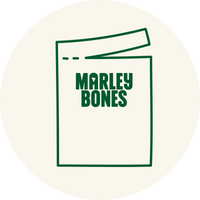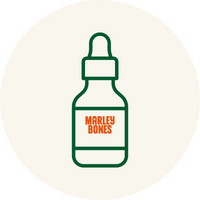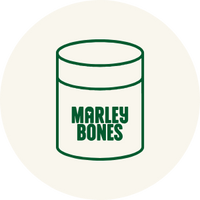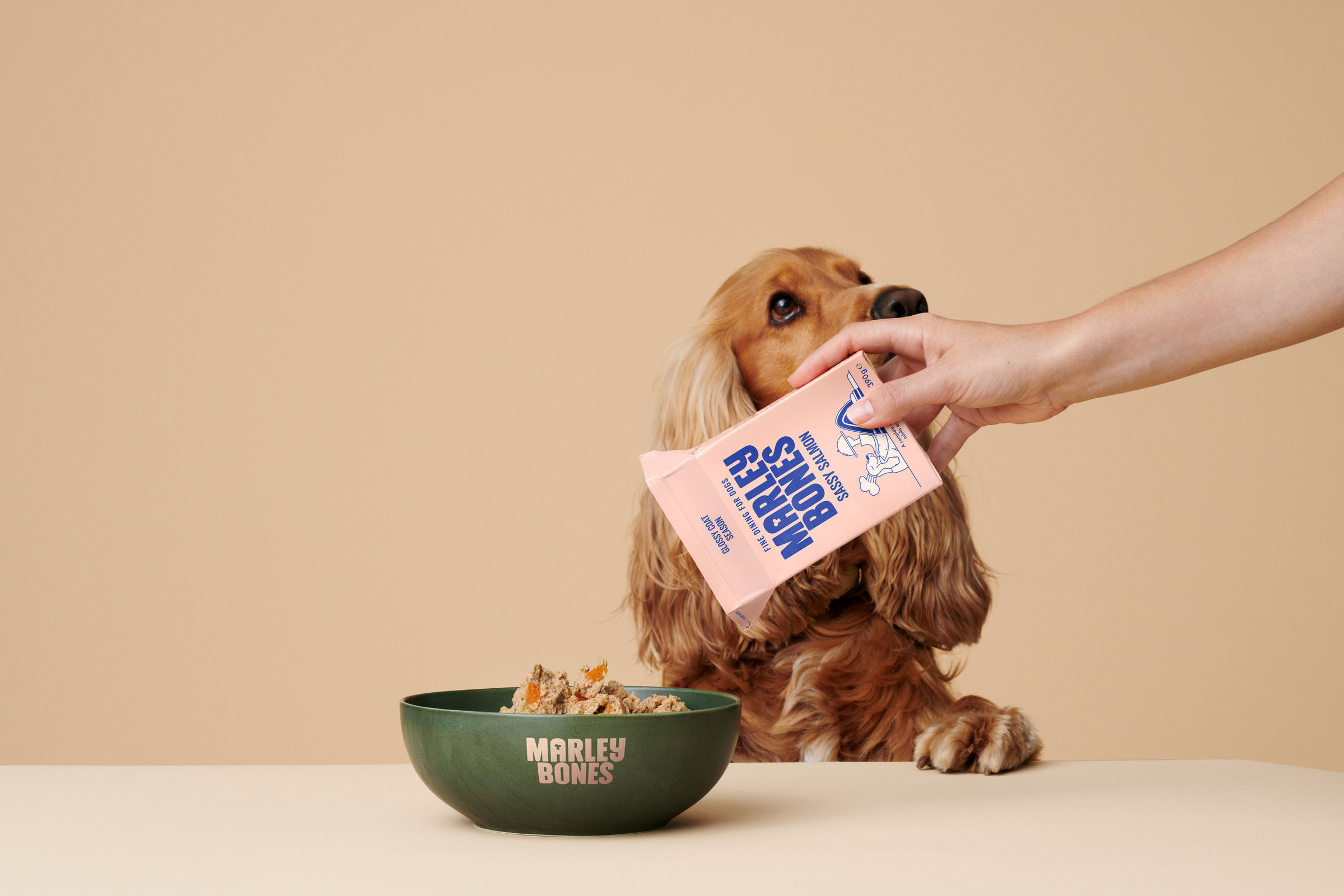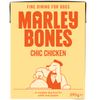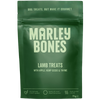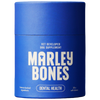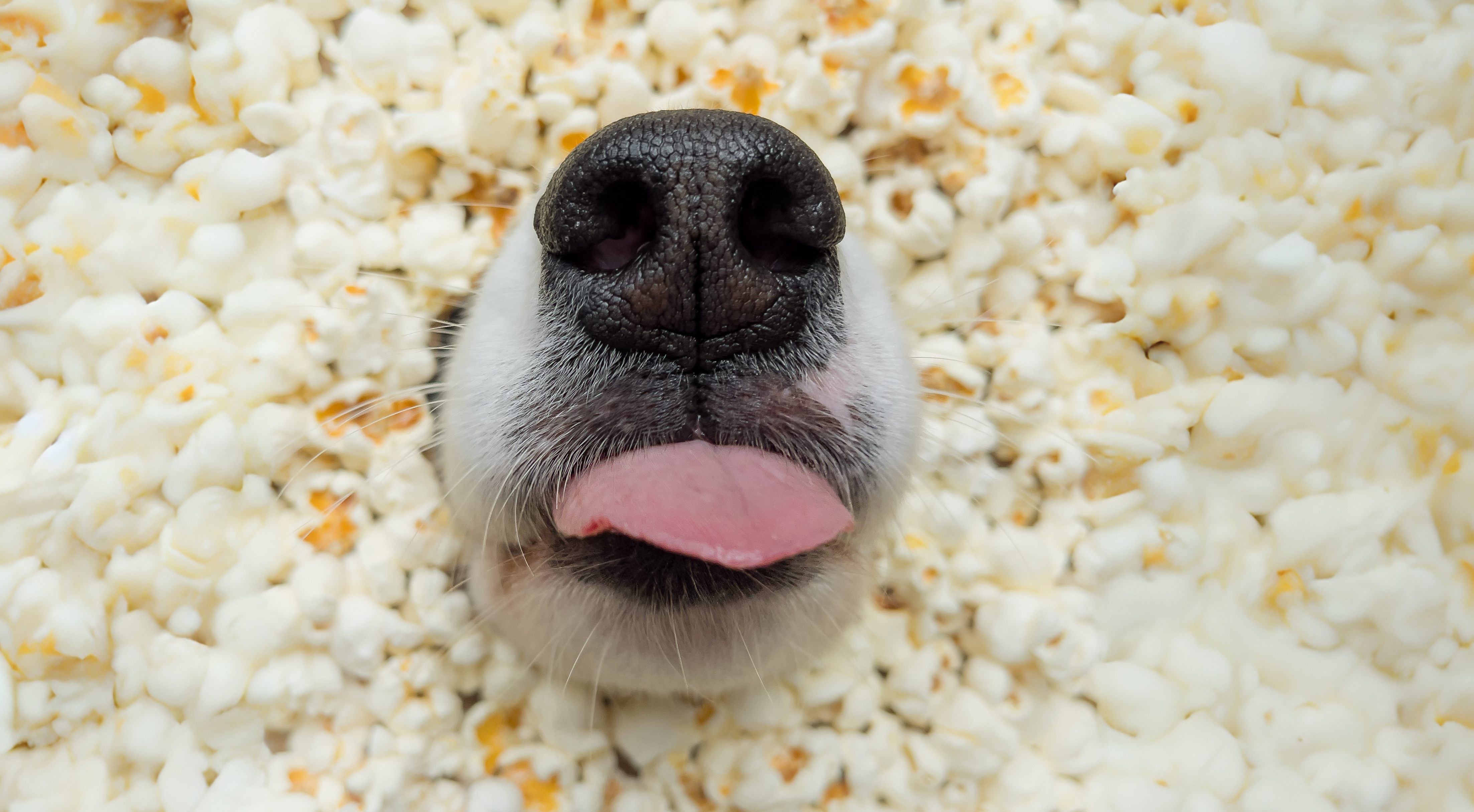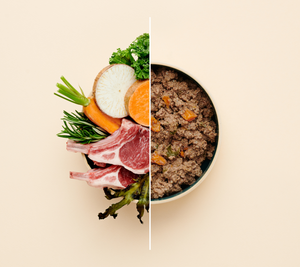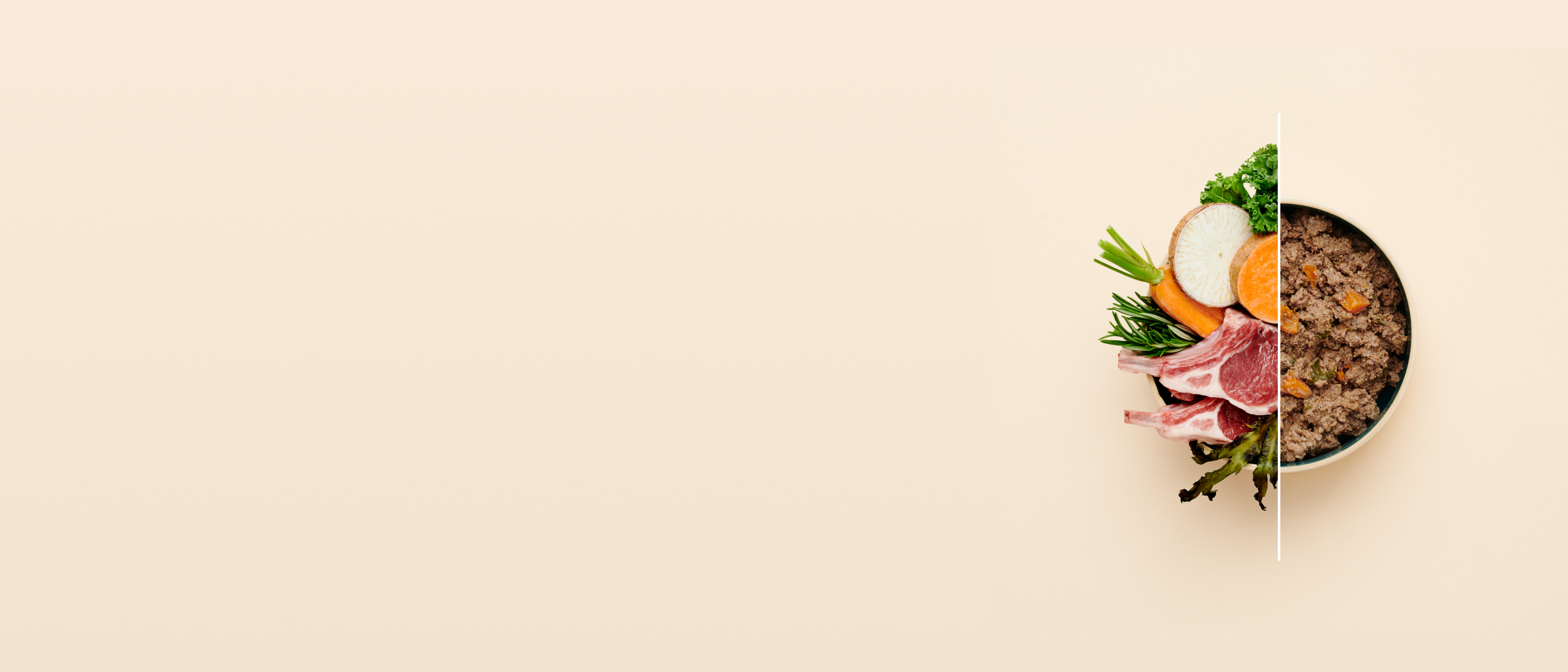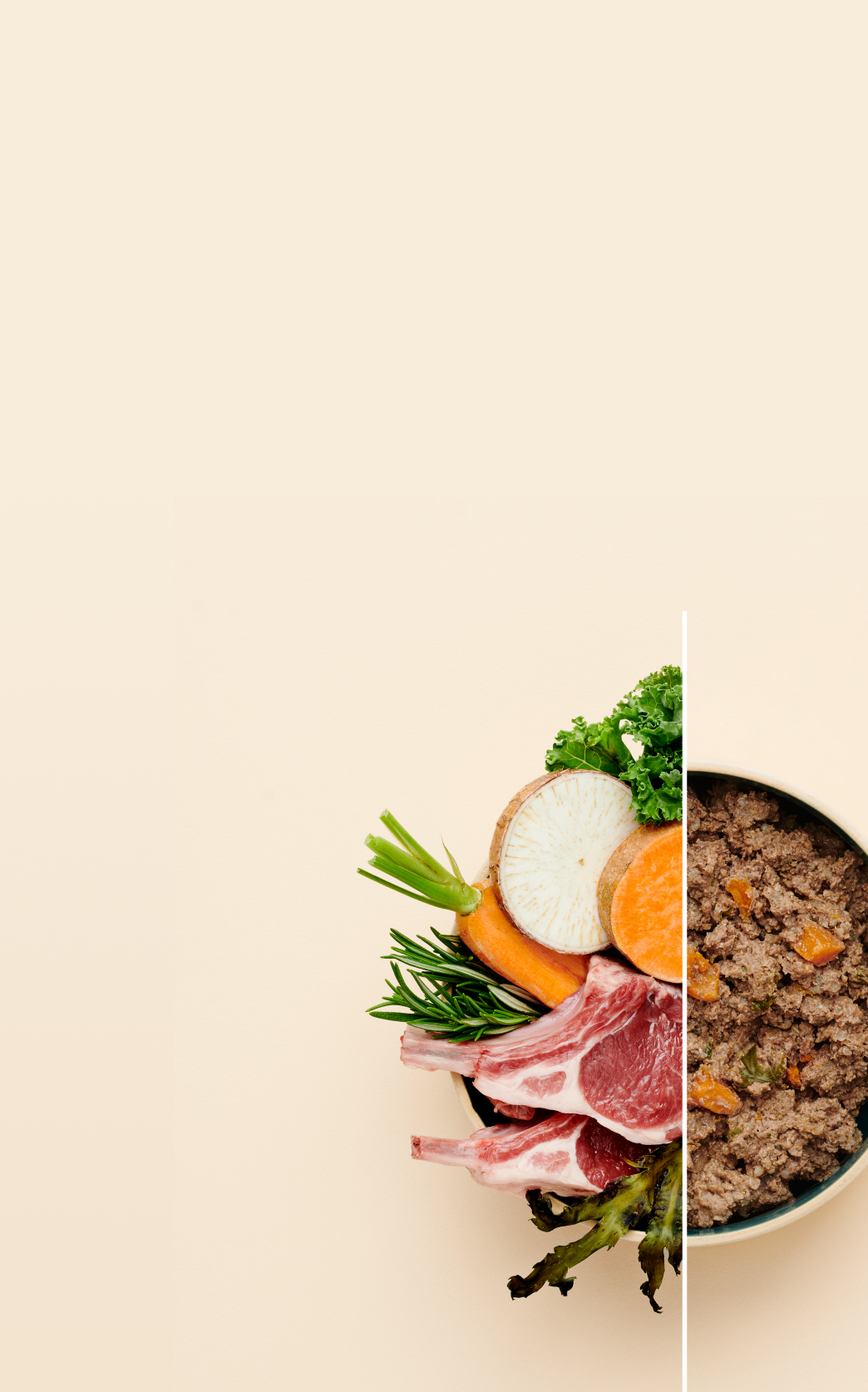Can Dogs Eat Popcorn? Understanding the Risks and Safe Practices
When considering treats for your dog, you may wonder if popcorn is a suitable option. While popcorn is a low-calorie, airy snack popular with humans, its safety and nutritional value for dogs depend largely on preparation and individual health factors.
Plain, air-popped popcorn is generally safe for dogs when offered in small amounts as an occasional treat. However, popcorn containing butter, oils, salt, or other flavourings is not recommended. These additives introduce unnecessary fats, sodium, and calories, which can contribute to digestive upset, obesity, and other health issues. Additionally, unpopped kernels pose a significant choking hazard and may cause dental damage or gastrointestinal blockages.
Properly understanding how to safely feed popcorn to dogs is essential to preventing potential harm. Always consult your veterinarian before introducing new treats, especially if your dog has underlying health conditions or dietary restrictions.
Can Dogs Eat Popcorn? Important Considerations
Popcorn can be a safe treat when served appropriately. Keep the following in mind:
- Unpopped Kernels: These are hard and pose choking and dental risks. Always remove before feeding.
- Plain Preparation Only: Butter, oil, salt, and sweet toppings increase fat, sodium, and sugar content, which are harmful to dogs.
- Moderation: Excessive popcorn intake can lead to excessive calorie consumption and associated health problems.
- Digestive Sensitivity: Some dogs may have difficulty digesting corn or may be allergic; introduce popcorn cautiously.

Guidelines for Safely Feeding Popcorns to Dogs
To minimise risks, follow these steps:
- Use plain, air-popped popcorn without additives.
- Thoroughly inspect and remove any unpopped kernels.
- Allow popcorn to cool to room temperature before offering.
- Serve only small quantities as an occasional treat.
- Observe your dog for any signs of gastrointestinal upset.
Nutritional Perspective: Should Popcorn Be A Regular Treat?
Although popcorn contains minor amounts of dietary fibre, magnesium, manganese, and zinc, these nutrients are adequately provided by a complete, balanced diet. Dogs receiving high-quality, fresh meals meet their nutritional requirements without relying on popcorn or similar snacks.
Therefore, popcorn should be regarded as an occasional treat rather than a dietary staple, particularly when feeding wholesome, nutritionally complete meals.

When To Avoid Feeding Popcorn
Dogs with corn allergies, food sensitivities, or specific health concerns should avoid popcorn entirely. Veterinary consultation is advised to tailor treat choices to your dog’s individual needs.
The Final Woof
Popcorn, when plain and air-popped, can be a safe, low-calorie treat for dogs if given in moderation. Avoid all additives and unpopped kernels to protect your dog’s digestive health and teeth. Remember, treats are supplementary and should not replace a balanced, complete diet based on fresh, high-quality ingredients. Consult your veterinarian whenever introducing new foods to ensure your dog’s wellbeing. Keeping treats simple and safe is the key to a healthy, happy dog.


